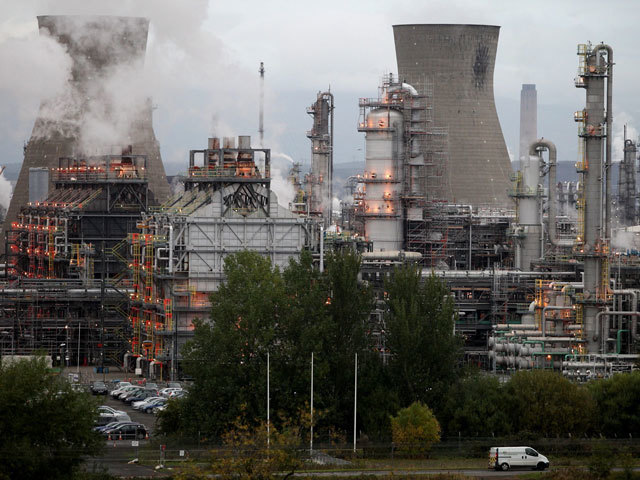
Mixed figures emerged yesterday highlighting the fragility of Scotland’s economic recovery and its impact on jobs.
Unemployment increased by 3,000 to 179,000 last quarter, although the Office for National Statistics (ONS) also recorded an increase of 16,000 of those in employment over the three months from December to February.
October’s strike at Scotland’s only oil refinery at Grangemouth contributed to a sharp slowdown in economic growth at the end of 2013, at a time when the rest of the British economy was booming.
The number of those in employment in Scotland now stands at 2,575,000, the ONS found. Scotland’s unemployment rate increased by 0.1 percentage points to 6.5%, which was lower than the average UK figure of 6.9%.
First Minister Alex Salmond seized on the latest labour market statistics which he said showed employment levels were at a “record high”.
He said: “Today’s historic jobs figures show the Scottish Government’s policy of investing in infrastructure to boost the economy is making significant progress with employment levels at a record high.
“To put it in perspective, there are 285,000 more people in employment today than there were when the Scottish Parliament was established in 1999. Scotland is outperforming the UK across employment, unemployment and inactivity rates which goes to show, even with the limited powers over the economy at our disposal, we are improving our country’s economic health.”
Yet the Scottish economy grew at a slower rate compared with the UK economy during the final three months of 2013, according to official figures.
Scottish GDP grew by 0.2% compared with growth of 0.7% in the UK.
Over the year as a whole, Scotland’s economy grew by 1.6% compared to 1.8% in the UK.
The strike at the Grangemouth refinery, which provides around 70% of Scotland’s fuel, prompted a near 11% fall in Scottish petrochemicals and pharmaceuticals sector output.
A slight decline in construction also dampened growth, which was driven mainly by the services sector.
Scottish Secretary Alistair Carmichael said it was “concerning to see the impact this one industrial dispute had on Scotland’s economic performance”.
“This danger was diminished, of course, by the fact that Scotland is an integral part of the UK economy and that we are currently contributing to the fastest growing economy in the G7. This is where we want to be,” he added.
Recommended for you

